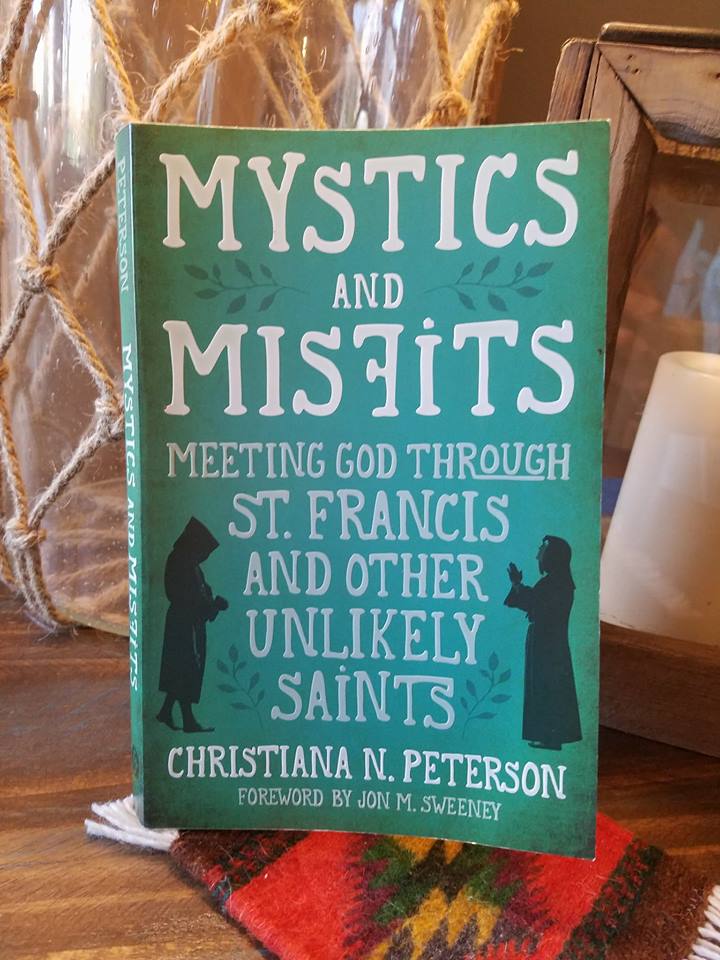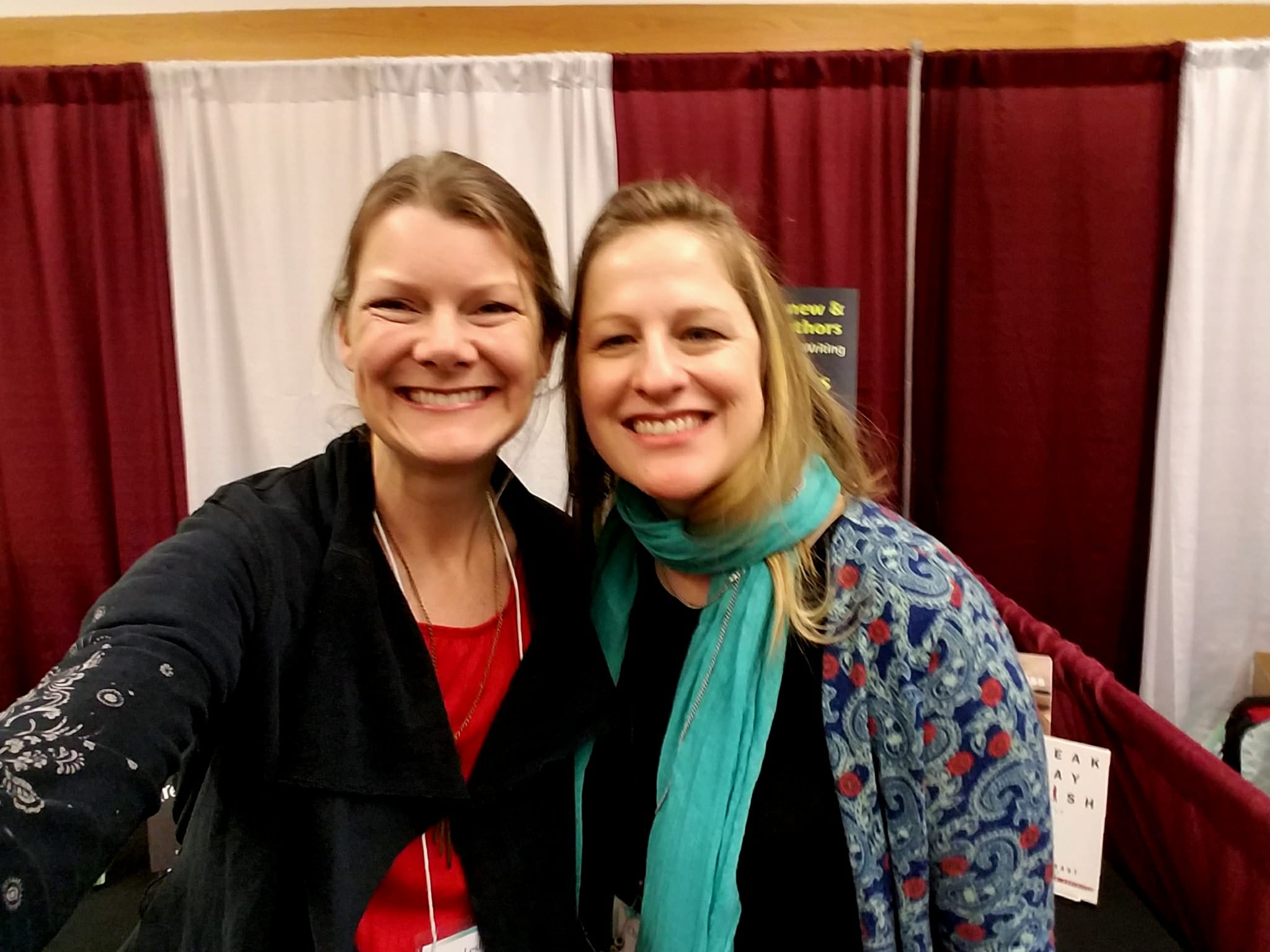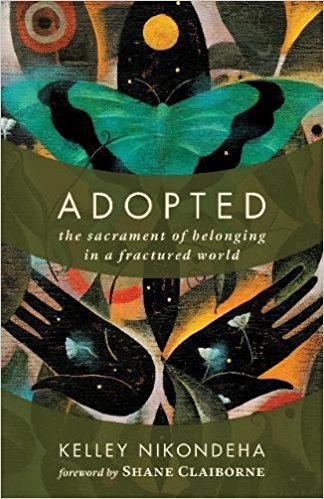
By Annie Rim | Twitter
I was hanging out with a friend the other day, our kids playing in the basement as we snatched bits of conversation. Her almost-one-year-old crawled over to me with the biggest smile. What a smile! I exclaimed before making a huge faux-pas, She looks just like her mom. Without missing a beat, my friend replied, She does look like her birth mom!
My friend is this little girl’s mom. She has been since before this child was born – chosen for her. And yet, through the connection of Facebook and open adoptions, we also know her birth mom and what she looks like. We see biologic resemblances even though all of this sweet girl’s nurturing is through her adoptive parents.
My friends have learned to handle these comments with grace. They are open about this road to adoption and the challenges and sweetness of the journey. They embody a family knit together by the restoration of adoption.
In Adopted: The Sacrament of Belonging in a Fractured World, Kelley Nikondeha speaks about the theology of adoption as an adoptee herself and as an adoptive mother. She weaves together stories of her own adoption, of her journey of adopting her children, and the Bible’s underlying theme of adoptive family. From Moses to Ruth to Jesus, we see adoption stories as the basis of Christian faith. Paul calls us adopted children of God. Without adoption, there is no foundation for the radical inclusiveness and love of the message of Jesus.
Kelley brings this theology of adoption out of the ancient text and into our lives, here and now. How do we reconcile the adopted land of Israel? To some, this state is a restoration of a displaced people; to others it is the oppression of an original people group. How do we reconcile centuries of oppression and slavery in America with acknowledgement that returning to literal African roots isn’t the solution? How do we restore the stolen land of our Indigenous People while recognizing it isn’t about the physical plot of land. Or maybe it is? Kelley brings these questions and their theology to the forefront while recognizing the complexities of living out a Jubilee-faith, a faith that restores the land and forgives debts; a faith that welcomes the refugee home; a faith that reconciles adopted land with homeland.
Kelley’s rich storytelling and smart theology blend perfectly create a book that deals with current issues of social justice with the power and grace of biblical redemption. She reminds us that redemption doesn’t mean a neat bow and easy answer, that this kingdom is slow in coming. But, she says, that doesn’t mean we lose hope. Through her own story of adoption, she says,
Adoptive parents aren’t superheroes or saints. The legitimate words of caution and real complications that are part of adoption give me pause. And yet redemption, whenever it happens, must be named (94).
Extending this metaphor of adoption, she reminds us that the road to redemption is paved with disappointment, failure, and suffering. It is the restorative work of God that brings those heartaches light and brings the slow restoration of this world.
She ends this book with the reminder that all of humanity is adopted into this family of God. And that by claiming the title of family, of brothers and sisters, we are interwoven and bound. We are together on this road to reconciliation and redemption. This faithful hope gives me pause when I get discouraged and reminds me that, though there are so many divisions, there is so much repair that is happening, as well.
Adopted is for sale now, and I’d highly recommend this hopeful book! As part of Kelley’s launch team, I received an advanced copy from the publisher but all views are my own.
How have you experienced the theology of adoption? Where do you long to see restoration through adoption?
*This review was originally published at www.annierim.com and is used with permission.
About Annie:
 Annie Rim lives in Colorado where she plays with her two daughters, hikes with her husband, and reflects about life & faith on her blog. She has taught in the classroom, at an art museum, and now in the playroom. You can connect with her at annierim.com.
Annie Rim lives in Colorado where she plays with her two daughters, hikes with her husband, and reflects about life & faith on her blog. She has taught in the classroom, at an art museum, and now in the playroom. You can connect with her at annierim.com.
***
GIVEAWAY OF ADOPTED!
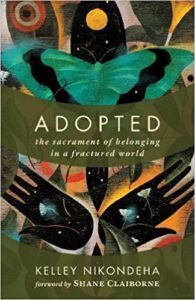 For our last week of posts on foster care, adoption and children, I’m giving away a free copy of Kelley’s book, Adopted. It was one of my favorite reads last year and it was awarded the Christianity Today: 2018 Award of Merit Christian Living/Discipleship. Sign up for my newsletter by midnight (MT) on Thursday, May 31st and be entered to win a free copy! And/or tag up to four friends on my Instagram post about this book and I’ll enter you up to four times per friend you tag! Sorry, no bots and only U.S. residents!
For our last week of posts on foster care, adoption and children, I’m giving away a free copy of Kelley’s book, Adopted. It was one of my favorite reads last year and it was awarded the Christianity Today: 2018 Award of Merit Christian Living/Discipleship. Sign up for my newsletter by midnight (MT) on Thursday, May 31st and be entered to win a free copy! And/or tag up to four friends on my Instagram post about this book and I’ll enter you up to four times per friend you tag! Sorry, no bots and only U.S. residents!
Sign up for the Mid-month Digest and Secret Newsletter Here:
***
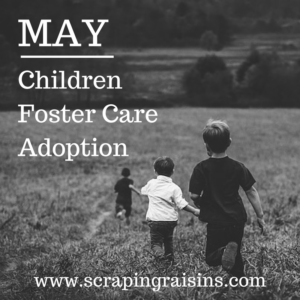
This month on Scraping Raisins, we’re talking about adoption, foster care and children. If you’re interested in guest posting about this theme, shoot me an email at scrapingraisins (dot) gmail (dot) com. The theme for June is “Create,” so you can also be thinking ahead for that. Be sure to check back or follow me on social media so you don’t miss the fabulous guest posters I have lined up this month!
*This post includes Amazon affiliate links.

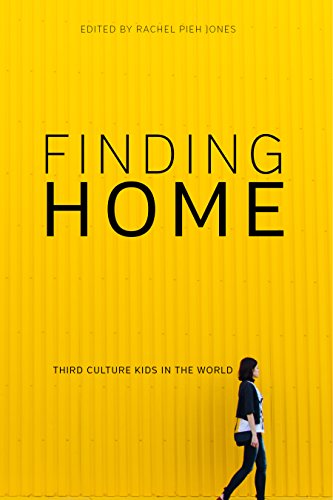
 Rachel Pieh Jones lives in Djibouti with her husband and three children. She has written for the New York Times, Runners World, the Christian Science Monitor, Brain Child, and the Big Roundtable. Her next book will be published by Plough in 2019. Visit her at:
Rachel Pieh Jones lives in Djibouti with her husband and three children. She has written for the New York Times, Runners World, the Christian Science Monitor, Brain Child, and the Big Roundtable. Her next book will be published by Plough in 2019. Visit her at: 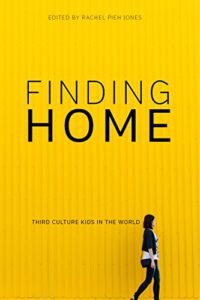 We’re doing a giveaway of the e-version of this book of essays by various writers about what it’s like to raise or be a Third Culture Kid (TCK). To enter, simply sign up for
We’re doing a giveaway of the e-version of this book of essays by various writers about what it’s like to raise or be a Third Culture Kid (TCK). To enter, simply sign up for 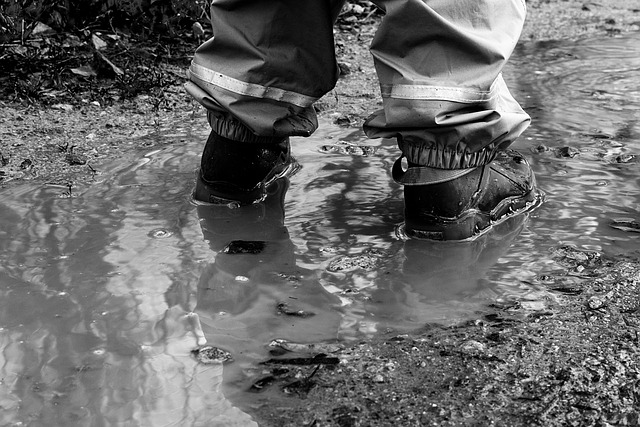
 Gena Thomas served as a missionary in northern Mexico for over four years with her husband, Andrew. While there, the couple founded and managed El Buho, a coffee shop ministry that still serves the town of Hidalgo. Gena holds a masters in International Development. Purchase her book,
Gena Thomas served as a missionary in northern Mexico for over four years with her husband, Andrew. While there, the couple founded and managed El Buho, a coffee shop ministry that still serves the town of Hidalgo. Gena holds a masters in International Development. Purchase her book, 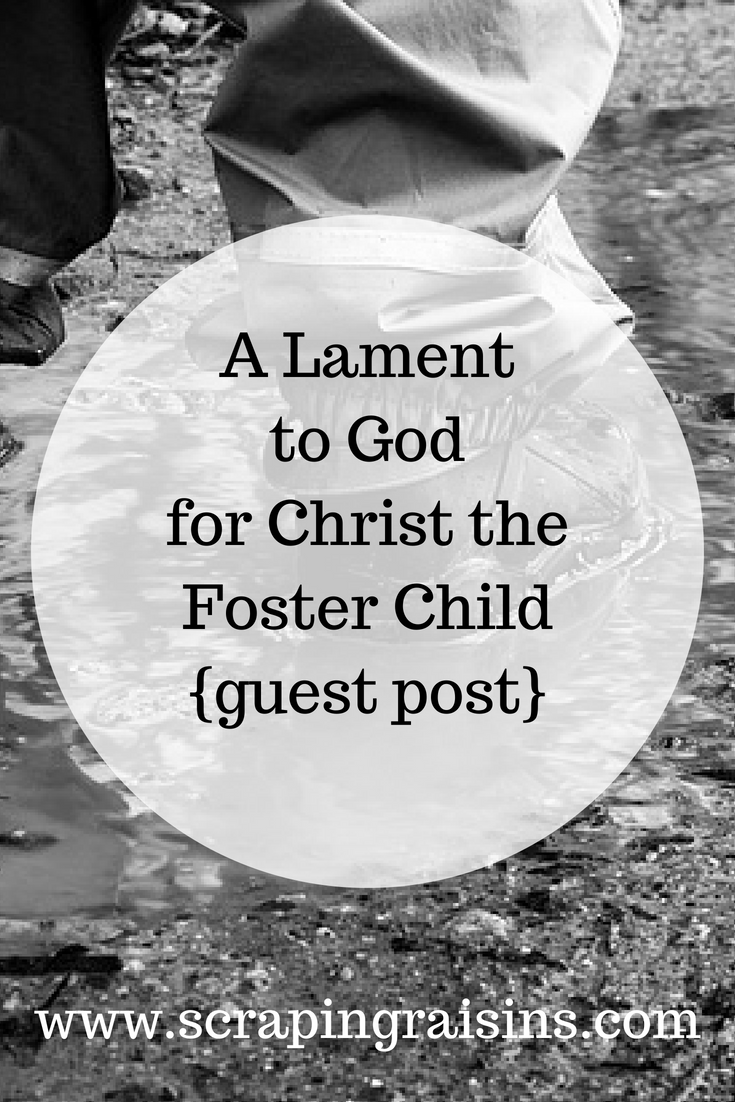

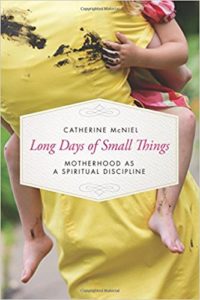 I have three books to giveaway this month, so keep an eye out for them! This week, I’m giving away a copy of
I have three books to giveaway this month, so keep an eye out for them! This week, I’m giving away a copy of 
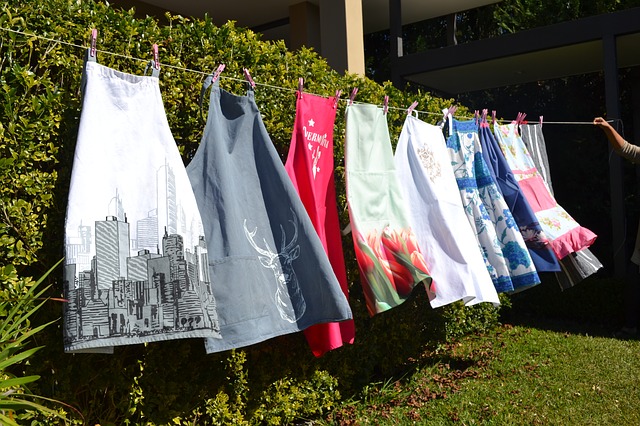
 Catherine McNiel writes to open eyes to God’s creative, redemptive work in each day—while caring for three kids, two jobs, and one enormous garden. Catherine is the author of
Catherine McNiel writes to open eyes to God’s creative, redemptive work in each day—while caring for three kids, two jobs, and one enormous garden. Catherine is the author of 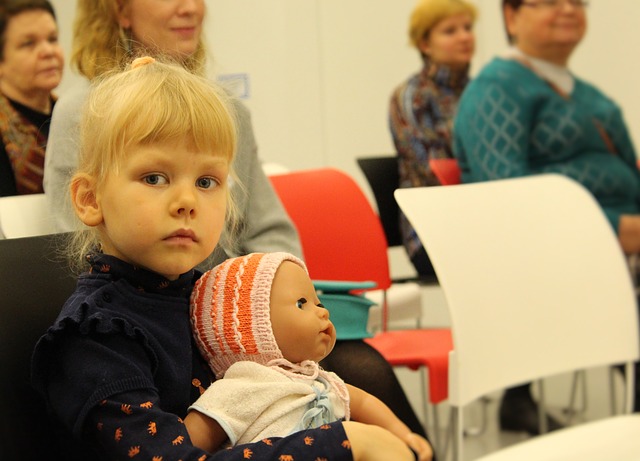
 Katie is the founder of
Katie is the founder of 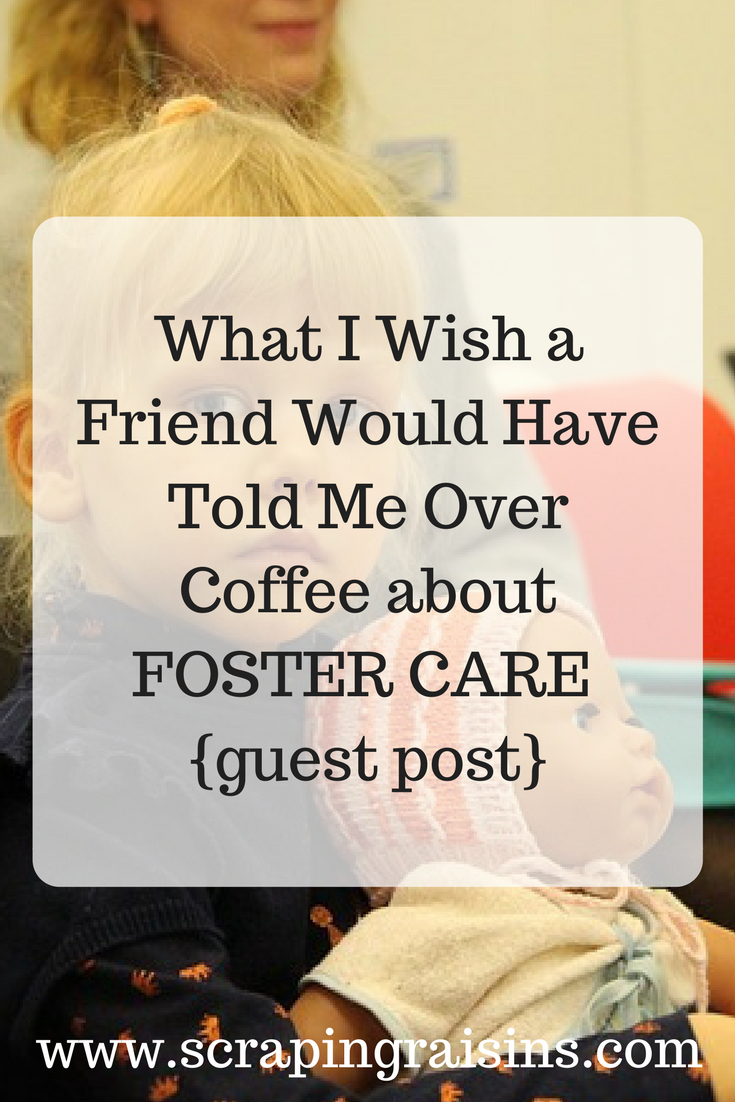


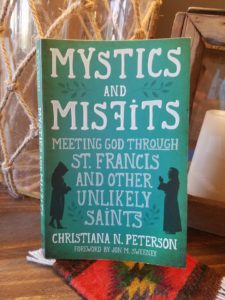 If you want to win a copy of
If you want to win a copy of 
 Our theme for April is “Books and Writing,” and I hope to share my favorite books, podcasts and resources for new writers.
Our theme for April is “Books and Writing,” and I hope to share my favorite books, podcasts and resources for new writers. 


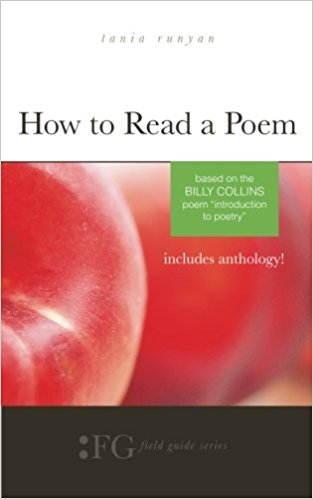
 Charlotte lives in Birmingham, Alabama with her husband and their two children. She recently earned an MFA in creative writing from Seattle Pacific University, and she does freelance writing and copywriting. You can find her online at
Charlotte lives in Birmingham, Alabama with her husband and their two children. She recently earned an MFA in creative writing from Seattle Pacific University, and she does freelance writing and copywriting. You can find her online at 